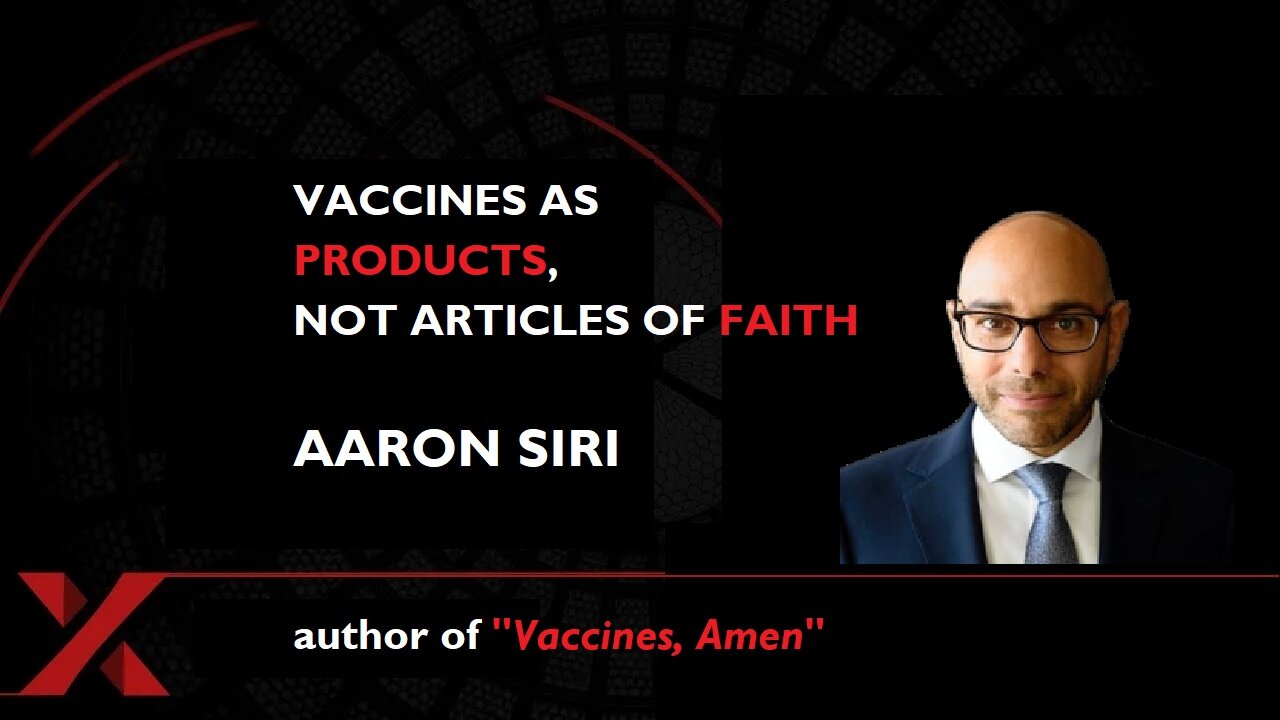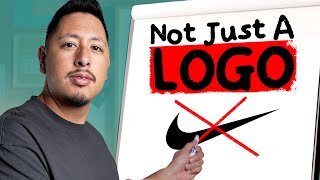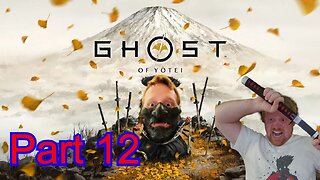Premium Only Content

Vaccines as Products, Not Articles of Faith----- Aaron Siri
Aaron Siri is not a scientist, but he has mastered the material better than most who claim that title. He comes at vaccines from a lawyer’s angle: what was tested, how it was licensed, what the government claims, and what the data actually shows.
He begins with history. “In the early eighties, we had three routine vaccines—MMR, OPV, DTP. Uptake was in the fifties and sixties percent. That was it. No apocalypse.” He points to what many now forget: children passed measles, mumps, and chickenpox among themselves. These illnesses, inconvenient and sometimes dangerous, did not end society. In fact, he notes, “study after study shows those who had measles, mumps, rubella, and chickenpox have lower rates of cancer and far lower rates of heart disease.”
From there, Siri turns to trials. The COVID vaccine studies, often criticized as too short, were—by comparison—the best we have ever had. “The COVID vaccine trials, as short as they were, were more robust than almost any childhood vaccine trial,” he says. Tens of thousands enrolled, placebo groups, six months of safety review. Against that, he sets hepatitis B for newborns: “One hundred forty-seven kids. Five days of monitoring. No control group.”
The pattern, he argues, is consistent. “Not a single routine injected childhood vaccine was licensed on a placebo-controlled trial with something inert. Not one. And most safety reviews? Days. Weeks. Laughable.”
He rejects the idea that longevity proves safety. Chronic illness in children has risen sharply. “From under ten percent in the 1980s to over forty percent now. And we’ve gone from three injections by age one to twenty-nine. Something’s wrong.”
He also addresses the language. “Nobody asks if you believe in cars or chairs. Vaccines are just products. Judge them as products.” The term anti-vaxxer, he notes, has become meaningless: “Merriam-Webster says an anti-vaxxer is anyone who opposes one or more vaccines. By that definition, half the country qualifies.”
For Siri, the legal framework is as troubling as the trials. “Vaccines are the only product in America immune from design-defect claims. Every other product—drugs, cars, floorboards—you can sue if they could have been made safer. Vaccines alone are untouchable.” That immunity, created by Congress in 1986, broke the feedback loop that forces companies to make safer products.
He defines vaccines in a way that cuts through the slogans: “A vaccine is a product that causes so much harm it cannot survive in the market without government immunity.” It is not a question of belief or heresy, but of liability.
Siri circles back to the core of his philosophy: persuasion over coercion. “If ninety percent of people are dying from a virus and you still can’t persuade them to take a vaccine, you’ve got real issues with that vaccine.”
And his closing words are clear: “If a vaccine is safe, test it properly. If it works, you will not need to force it. If it fails, people have the right to say no.”
-
 LIVE
LIVE
Damysus Gaming
1 hour agoARC Raiders - SERVER SLAM TIME!!!! LFG!!!
40 watching -
 LIVE
LIVE
The Connect: With Johnny Mitchell
4 hours agoTucker Carlson's INSANE Take On Civil War In America, Calls For Fascism
262 watching -
 28:39
28:39
Afshin Rattansi's Going Underground
1 day agoDonald Trump’s Gaza Peace Plan: A Pivotal Moment or Farce? (Palestinian Deputy Foreign Minister)
7871 -
 LIVE
LIVE
SavageJayGatsby
3 hours ago🔥 Spicy Saturday – Let's Play: Prison Life 2🔥
134 watching -
 LIVE
LIVE
cosmicvandenim
9 hours agoCOSMIC VAN DENIM | WARZONE HORROR
78 watching -
 29:09
29:09
Stephen Gardner
7 hours ago🚨Trump DECLARES WAR on TERRORIST LEFT!
8.56K34 -
 LIVE
LIVE
NellieBean
2 hours ago🔴 Lost Girl looks for Lost Village
63 watching -
 30:07
30:07
JohnXSantos
1 day agoWhy Clothing Brands NEVER Fail- Master Class
8 -
 LIVE
LIVE
Spartan
1 hour agoOMiT Spartan | God of War Ragnarok, College Halo match @ 9:30 EST, then ranked or more GoW:R
6 watching -
 LIVE
LIVE
John_Goetz
51 minutes agoJohn Gets Gaming - Ghost of Yotei
13 watching